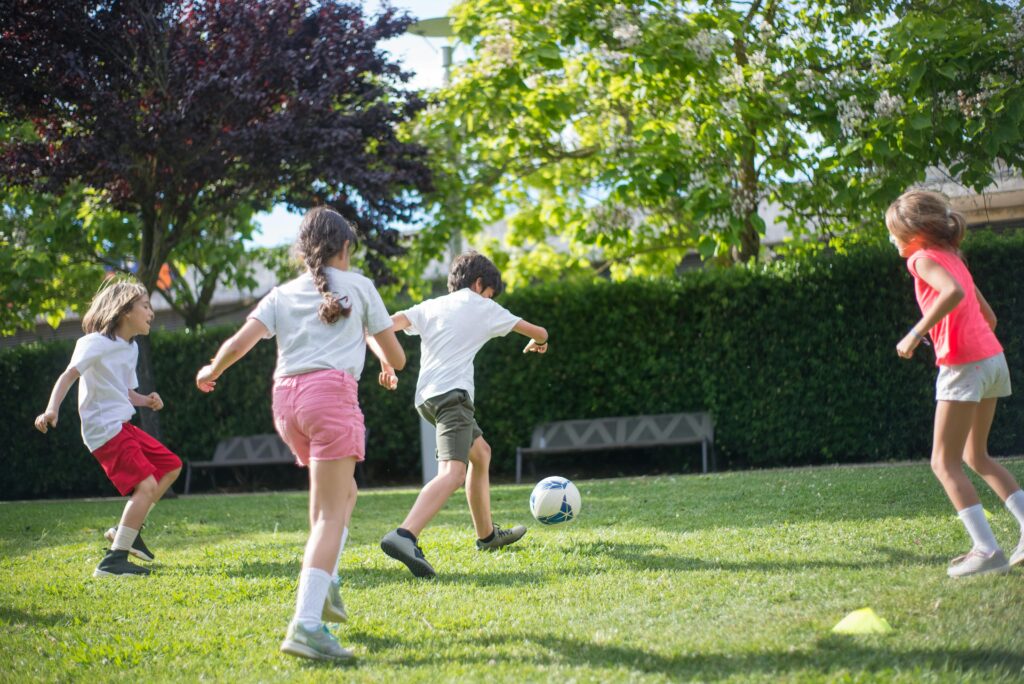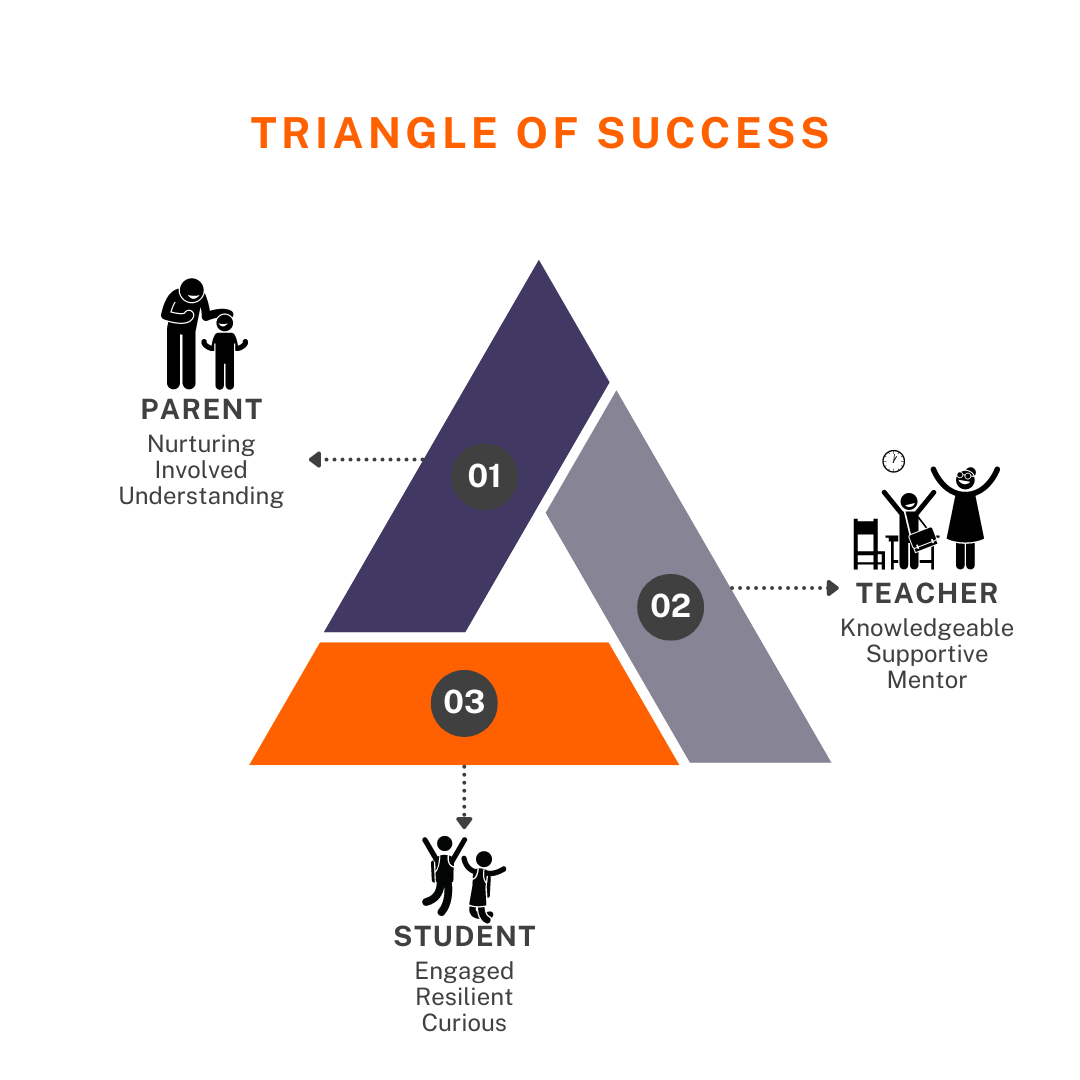Strategies for Improving Your Child’s Concentration

Strategies for Improving Your Child’s Concentration
Concentration is a crucial skill for children, especially in an increasingly distracted world. Enhancing a child’s ability to focus can significantly impact their academic performance, social interactions, and overall well-being. Here are some scientifically-backed strategies to help improve your child’s concentration.

1. Establish a Routine
A consistent daily routine helps children know what to expect and when, reducing anxiety and helping them focus better. According to a study published in the journal Pediatrics, children with regular bedtime routines tend to have better cognitive performance and behavior during the day .
2. Nutrition Matters
Proper nutrition plays a vital role in cognitive function. Foods rich in omega-3 fatty acids, such as fish, flax seeds, and walnuts, are particularly beneficial for brain health. A study from the Journal of Child Psychology and Psychiatry found that children who consumed omega-3 supplements showed significant improvements in concentration and behavior .
3. Limit Screen Time
Excessive screen time can negatively affect a child’s attention span. The American Academy of Pediatrics recommends limiting screen time to no more than two hours per day for children aged 2-5 years and setting consistent limits for older children. A balanced approach ensures that screen time does not interfere with sleep, physical activity, or other behaviors essential to health .

4. Encourage Physical Activity
Regular physical activity has been shown to improve cognitive function and concentration. A study in the Journal of Pediatrics indicated that children who engaged in regular physical activity had better attention spans and academic performance compared to those who were less active . Activities like playing outside, sports, or even short, frequent breaks during study time can be beneficial.
5. Break Tasks into Smaller Steps
Large tasks can be overwhelming and lead to a lack of focus. Breaking tasks into smaller, manageable steps can help children concentrate better and feel a sense of accomplishment as they complete each step. Dr. Amanda Morin, an educational consultant, suggests using visual aids like charts or checklists to help children keep track of their progress.
6. Create a Distraction-Free Study Environment
A quiet and organized study space can significantly enhance concentration. Research from the Journal of Environmental Psychology highlights that a well-organized and clutter-free environment can improve cognitive function and focus in children .

7. Practice Mindfulness and Meditation
Mindfulness and meditation practices can enhance attention and emotional regulation. A study published in Mind, Brain, and Education found that children who participated in mindfulness programs showed improvements in attention, behavior, and emotional regulation . Simple breathing exercises or guided meditations can be a great start.
8. Ensure Adequate Sleep
Sleep is crucial for cognitive function and concentration. The National Sleep Foundation recommends 9-11 hours of sleep per night for school-aged children. A consistent sleep schedule and a bedtime routine can help ensure that children get the rest they need to perform their best during the day .
9. Foster a Growth Mindset
Encouraging a growth mindset can help children persevere through challenges and stay focused. According to Dr. Carol Dweck, a leading researcher in motivation, children who believe their abilities can be developed through hard work tend to have better concentration and resilience .

Conclusion
Improving your child’s concentration requires a multifaceted approach, combining healthy lifestyle choices, structured routines, and supportive environments. By incorporating these strategies, parents can help their children develop the focus and resilience needed to succeed academically and beyond.



